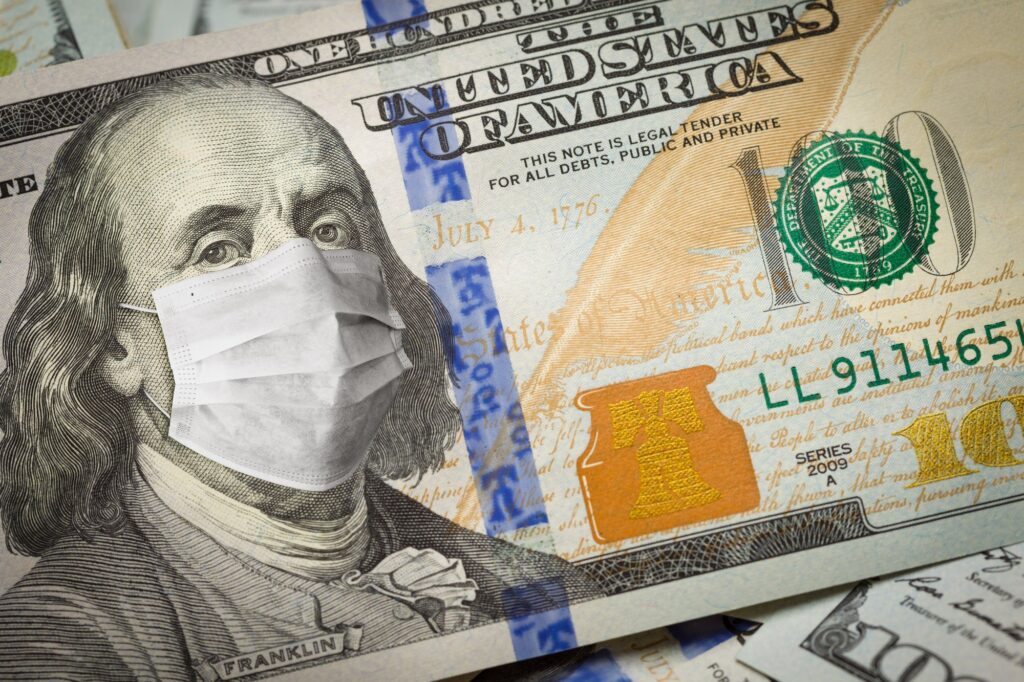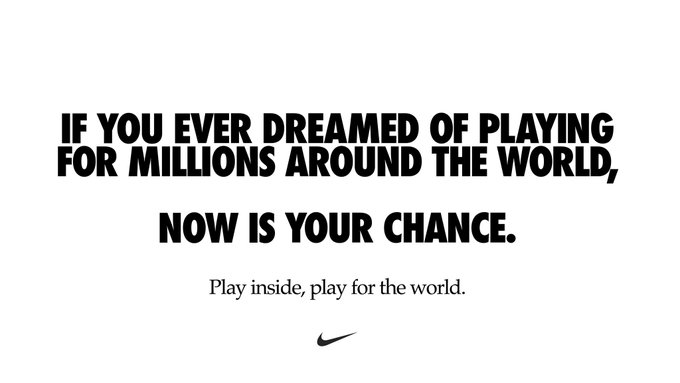The gig economy is alive and well. In fact, this modern online phenomenon has only…
5 Tips for Advertising in the Pandemic Era
As the coronavirus rapidly disrupts our lives and our work, advertisers are pressing pause and finding new and sensitive ways to reach audiences in crisis.
Media consumption is predicted to see an increase of 60 percent in the next several weeks, and maybe even months. Still, it’s estimated that digital marketers alone could lose more than $45 million in revenue, and the pandemic could slash as much as $3 billion from advertising and marketing budgets this year alone.

No doubt the recession and the stock market’s volatility will affect millions of customers and their spending habits, even as U.S. businesses try to shift to e-commerce models overnight. That’s why responding with flexibility and empathy to current conditions and consumer anxiety is key, and advertisers will be served well by effective and relevant messaging strategies.
Consider Axe, which put the kibosh on a video ad scheduled for March Madness that showed a basketball crowd fleeing from a man’s armpit stench, causing oxygen masks to drop into the crowd. Kentucky Fried Chicken in the U.K. halted a campaign that encouraged people to lick their fingers after eating its chicken, which would have flown in the face of today’s emphasis on hand-washing.
Or there’s Ford, which had planned to peg its Escape and Explorer models to March Madness. The auto manufacturer quickly pivoted and created two ads that addressed customers impacted by the coronavirus. “If you are impacted by COVID-19 and you’re leasing or financing through Ford Credit, we’re here to help,” reads one ad, which contains only text and no images.
“We saw things were changing rapidly, and knew our messaging then scheduled for the following week would be incredibly tone-deaf as is,” Matt VanDyke, Ford’s U.S. Director of Marketing, told Fast Company. “So at that point we knew we needed to be empathetic, we needed to be reassuring, so that was the initial tone of those ads.”
Helpful Tips & Strategy Shifts
Reinvent Campaigns as Needed – Conditions will change, and messaging needs to change with them, or you may risk alienating consumers. Think about new tools and creative marketing in a fast-changing climate. If you don’t already have one, consider assembling a crisis communications team.
Stay Grounded – Remember that most consumers aren’t thinking about fantasy vacations and luxury goods right now. It’s in poor taste to pitch fantasy when folks are concerned about health care and paying bills. Missteps can backfire in a big way right now—note the uproar over the Goop Instagram featuring Gwyneth Paltrow in a pair of Alexandre Birman’s $425 Clarita sneakers. There was also the awkward and tone deaf Norwegian Cruise Line ad that appeared during a CNN news broadcast the coronavirus outbreak on the Grand Princess cruise ship.
“The coronavirus—the challenges it brings and the fear people are feeling around it—will add some fuel to the outrage fire and cause people to take notice more,” Kellan Terry, senior communications manager at the social listening and analytics firm Brandwatch, told Marketing Dive. “Brands are overly cautious in general, and you throw a global pandemic on top of that, they will be extra so.”
Get Personal – At a time when your audience is social distancing and being ordered to stay at home, connection and community are more important than ever. Take a step back to reflect, instead of just charging forward and marketing to fear, or out of fear. Offer hope, help, and (appropriate) entertainment and find meaningful ways to bond consumers to a positive mission—and your brand.
Do Good – That means considering everything from making donations to repurposing your advertising creative with PSAs. Unilever, for instance, distributed 200,000 masks to hospitals in New Jersey. Google promised $800 million in aid to small and medium-size businesses, including $340 million in free ad space, and QuickBooks used its TV ad buy to direct consumers to donate to a new Small Business Relief Fund, among other initiatives.
Nike took to Twitter to respond and encourage fans to stay inside. The athletic giant has also pledged over $15 million to fight the virus and closed all stores in the U.S., Canada, Australia, New Zealand and Western Europe while fully compensating workers who have been asked to stay home during this time.

Inform Consumers – Let them know how your organization is keeping employees and others safe as well as the status of your business operations. Tell them what to expect in the coming weeks and months. Pay attention and ask them what they need, whether it’s educational content or innovative ideas.
“The coronavirus crisis will test us all,” columnist Mark Ritson wrote recently in Marketing Week. “But marketers need to think long-term and keep building their brands, protecting their staff, and honoring their values.” Consumers will remember how brands and businesses responded to this crisis and it’s authentic engagement, not pandemic pandering that will make a lasting impression.




